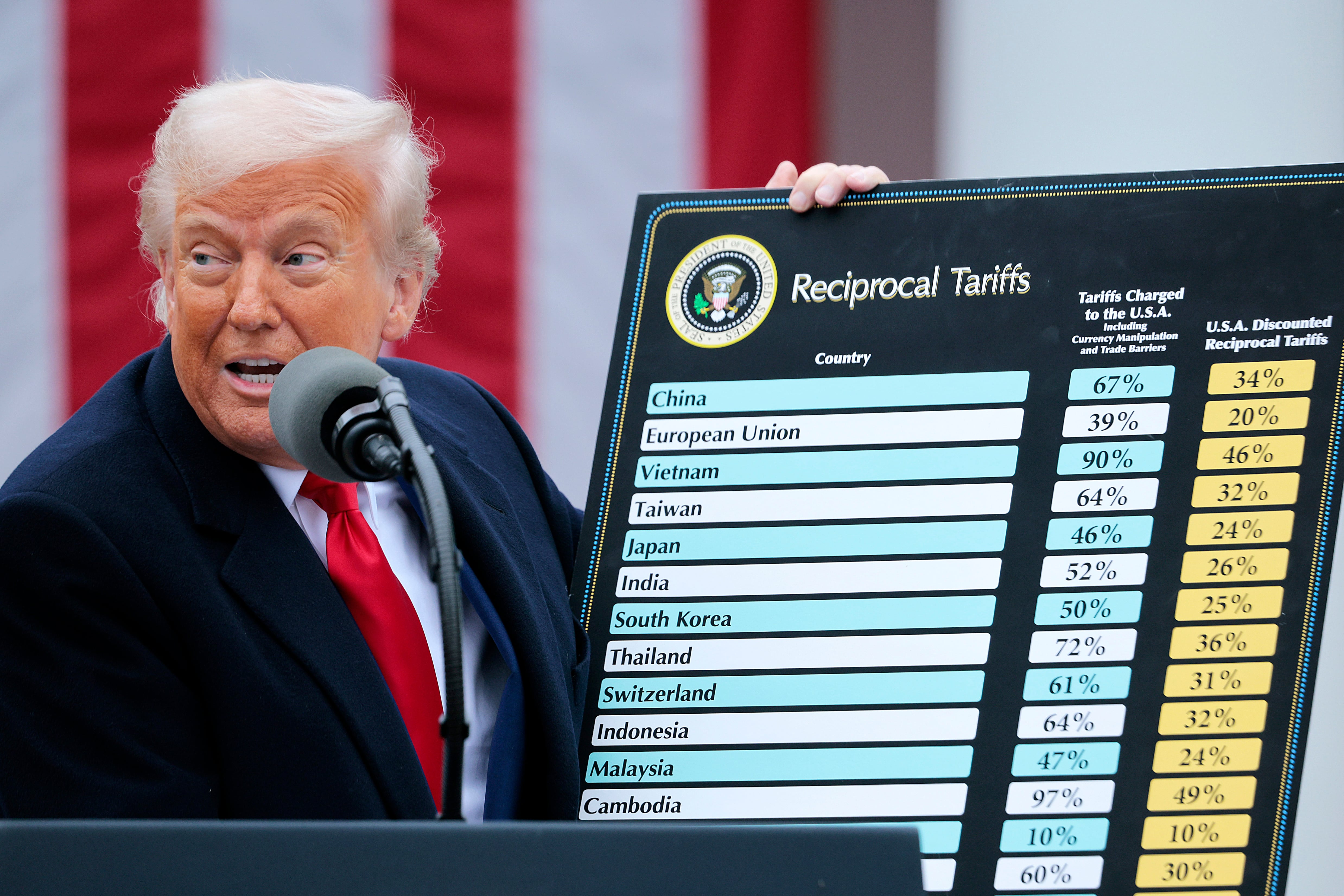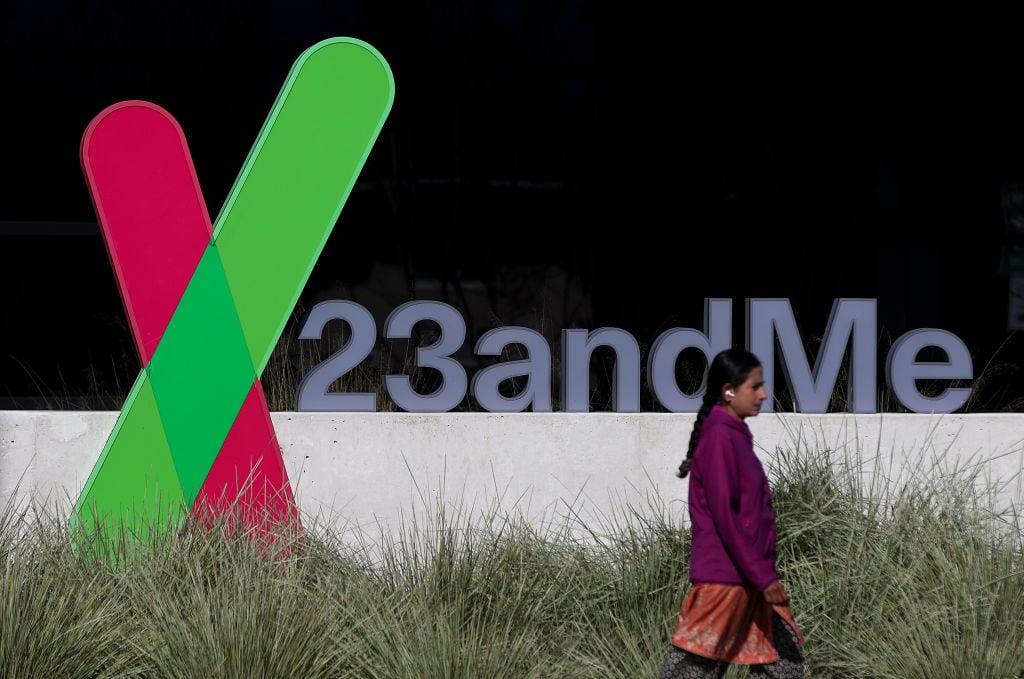By Lisa Mascaro and Darlene Superville
The White House said Monday that President Joe Biden is awaiting an infrastructure counteroffer from Senate Republicans after a core group of GOP negotiators rejected his latest $1.7 trillion proposal, leaving the fragile talks on a compromise at a standstill before a Memorial Day deadline.
White House Press Secretary Jen Psaki said the president is “eager to engage" and would welcome more talks with the senators. But she said the Republicans have “a ways more to go” to find common ground. Biden dropped $500 billion from his initial $2.3 trillion offer, and Psaki said the Republicans raised their $568 billion offer by about $50 billion. Republicans have rejected Biden's plan to pay for the road and broadband spending with a corporate tax increase.
“The ball is in the Republicans' court,” Psaki said at the White House briefing.
On Monday, the president will be hosting Alaska’s Republican congressional delegation to the White House for a bill signing ceremony on an unrelated cruise ship tourism measure. That's meant as a signal of potential areas of bipartisanship. The invited lawmakers could be key players in any infrastructure deal.
With a deadline a week away, the White House and Senate Republicans remain far apart after nearly two weeks of closed-door talks between Biden's team and senators. The lack of progress on Biden's effort to strike a bipartisan agreement has Democrats considering whether they should leave Republicans behind and try to pass his top priority on their own.
Psaki insisted no decisions had been made and expected more talks this week. Asked if Biden might move ahead with his infrastructure plans without Republican support, she said, “We're not quite there yet.”
Democrats hold only slim majorities in the House and Senate, and the administration will face other problems trying to find an agreement with sufficient support from within the president's own party for the big spending. Republicans, who risk political fallout from doing nothing on potentially popular proposals, have resisted Biden's approach as excessive. Late Friday, the group led by Sen. Shelley Moore Capito, R-W.Va., rejected Biden's counteroffer and suggested the two sides were moving farther apart.
“We're eager to see their proposal and see what they have to offer,” Psaki said.
The GOP senators have not said if they were preparing another proposal.
Biden's American Jobs Plan is a massive investment in not just roads, bridges and broadband, but also in water systems to remove lead from pipes, veterans hospitals and green energy, including electric vehicle charging stations that Republicans say go too far beyond traditional infrastructure spending.
Republicans offered an initial $568 billion alternative more narrowly focused on roads, bridges, ports and broadband. Last week the GOP senators boosted that offer, but did not disclose the new total.
According to a White House memo obtained by The Associated Press, the administration said the GOP offer bolstered the new spending by $50 billion — from $175 billion to $225 billion — beyond what Congress typically allocates.
The two sides are also at odds over how to pay for any new spending. Biden wants to lift the corporate tax rate, from 21% to 28%. Republicans are staunchly opposed to any tax increases, having lowered the corporate rate from 35% in 2017 under their GOP tax plan.












